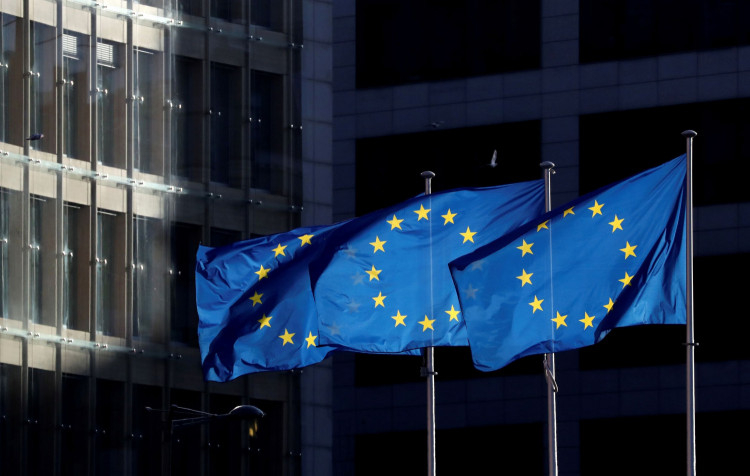European leaders convened in Paris on Monday for an emergency summit aimed at formulating a response to the Trump administration's abrupt diplomatic shift on Ukraine, which has left EU officials increasingly concerned about their diminishing role in peace negotiations. The meeting, called by French President Emmanuel Macron, follows Washington's decision to pursue direct talks with Russia without European participation, a move that has reignited anxieties over NATO's cohesion and Europe's security autonomy.
The gathering at the élysée Palace brought together leaders from Germany, the United Kingdom, Italy, Poland, Spain, the Netherlands, Denmark, and the European Union. NATO Secretary-General Mark Rutte also attended the discussions, which French officials described as informal but urgent.
Trump's reelection has upended Europe's expectations for continued transatlantic alignment on Ukraine. Following a "lengthy" phone call between Trump and Russian President Vladimir Putin last week, the U.S. announced it would open direct negotiations with Moscow to explore a resolution to the nearly three-year war. The discussions, set to take place in Saudi Arabia, will be led by U.S. Secretary of State Marco Rubio, National Security Adviser Mike Waltz, and Middle East special envoy Steve Witkoff.
Ukraine was not invited to the talks, a decision that has drawn swift condemnation from Kyiv. He would "never accept any decisions between the United States and Russia about Ukraine," President Volodymyr Zelensky said Sunday in an interview with NBC News.
British Prime Minister Keir Starmer, who attended the Paris summit, called the situation a "once in a generation" moment for European security and signaled the U.K. was prepared to take a more assertive role. Writing in The Daily Telegraph, Starmer said, "A U.S. security guarantee is essential for a lasting peace, because only the U.S. can deter Putin from attacking again." He also stated the U.K. was "ready and willing to contribute to security guarantees to Ukraine by putting our own troops on the ground if necessary."
Macron, who has previously refused to rule out deploying Western troops to Ukraine under certain conditions, sought to rally European leaders behind a unified response. French officials said no formal decisions were expected from Monday's talks, but that the meeting marked the beginning of a broader European effort to secure a role in any future negotiations.
The EU has long relied on the United States for its security umbrella, particularly through NATO, but tensions have grown under Trump, who has repeatedly criticized European countries for failing to meet defense spending commitments. During last week's Munich Security Conference, U.S. officials-including Vice President JD Vance and Defense Secretary Pete Hegseth-delivered pointed warnings that Europe must take greater responsibility for its own security.
"The tipping point came when Trump decided to upend years of U.S. policy by holding talks with Putin in hopes of ending the Russia-Ukraine war," German Foreign Minister Annalena Baerbock said, describing the current moment as "existential" for Europe.
European countries have pledged to increase defense spending, but questions remain over how to fund the expansion. Some nations, including France and Germany, have pushed for joint EU borrowing to finance large-scale military investments, while others insist that individual countries must first meet NATO's 2% of GDP defense spending target before new financial mechanisms are introduced.
Poland's Prime Minister Donald Tusk, whose country spends over 4% of its GDP on defense-more than any other NATO member-urged his counterparts to accelerate their military commitments. "If we want to decide about the future of Ukraine together with Ukraine, the United States, and Russia, we must also show that we are capable of much more serious investment in our own defense," Tusk said.
The Trump administration has maintained that Europe will have a role in Ukraine negotiations at a later stage, but its exclusion from the initial talks has fueled concerns that Washington is willing to make concessions to Russia without European input. Rubio, in an attempt to temper criticism, described the Saudi Arabia discussions as "early-stage" and said that the U.S. goal was to assess whether Moscow was serious about ending the conflict.
Macron has insisted that Europe must remain a key player in any settlement. On Sunday, he held a phone call with Saudi Crown Prince Mohammed bin Salman to emphasize the importance of European involvement.




